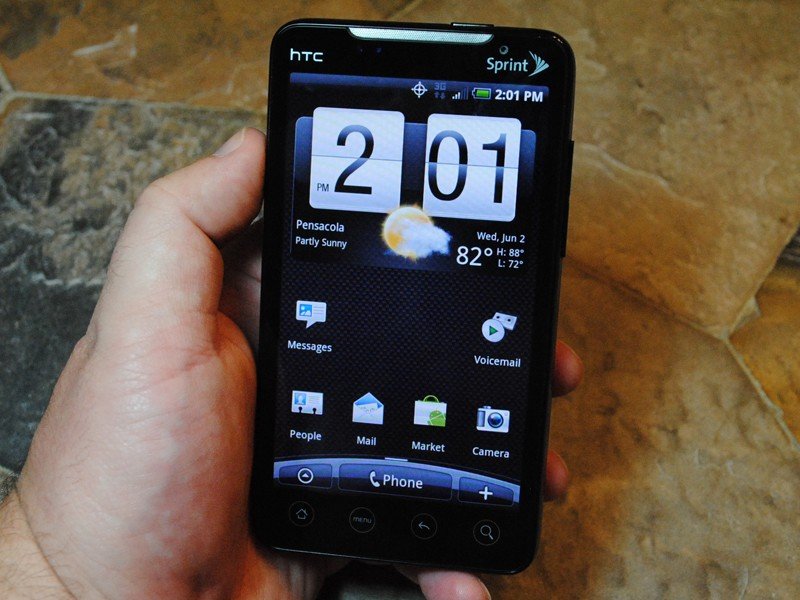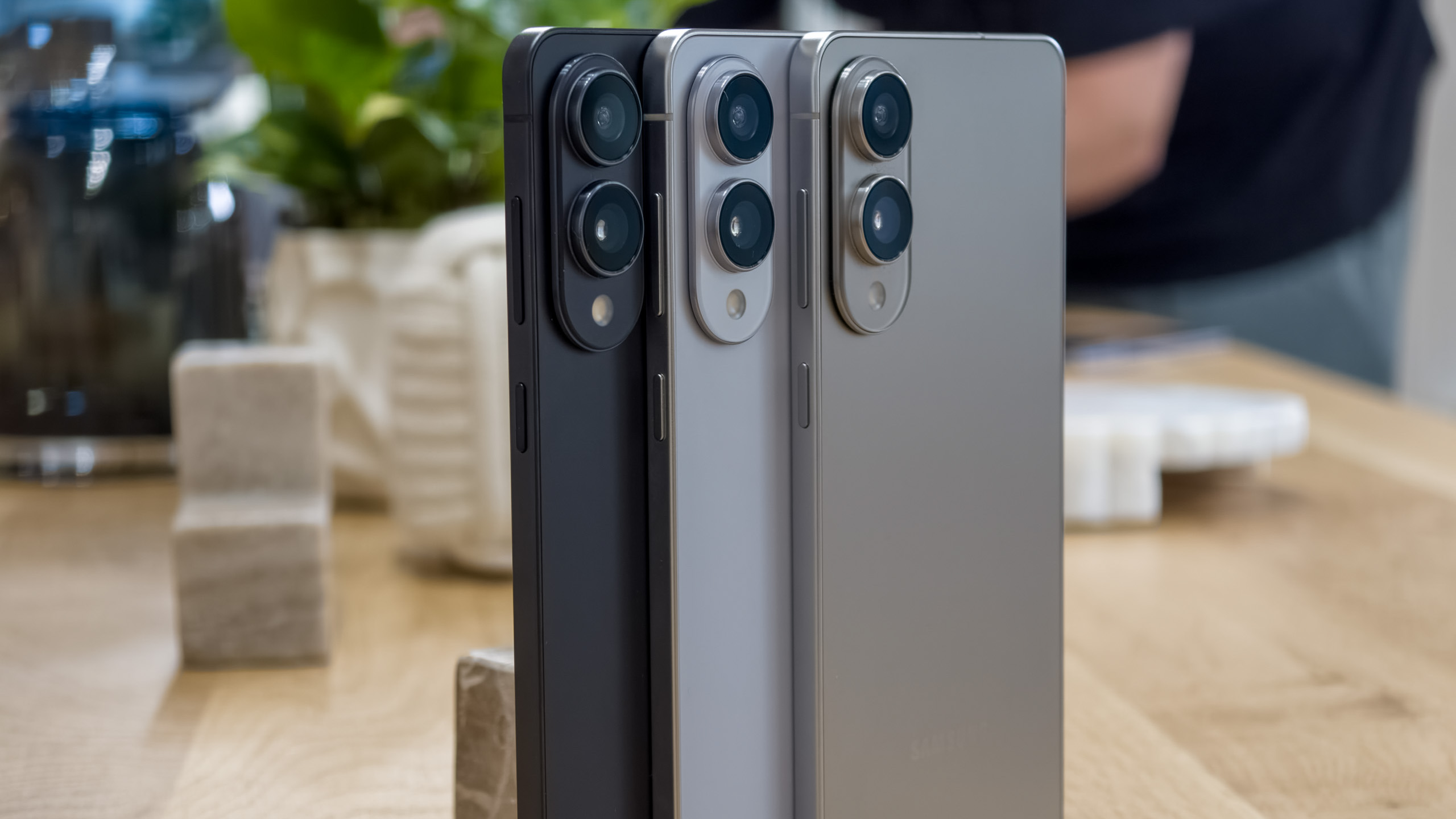I haven't thought about rooting an Android phone in years — and you shouldn't either
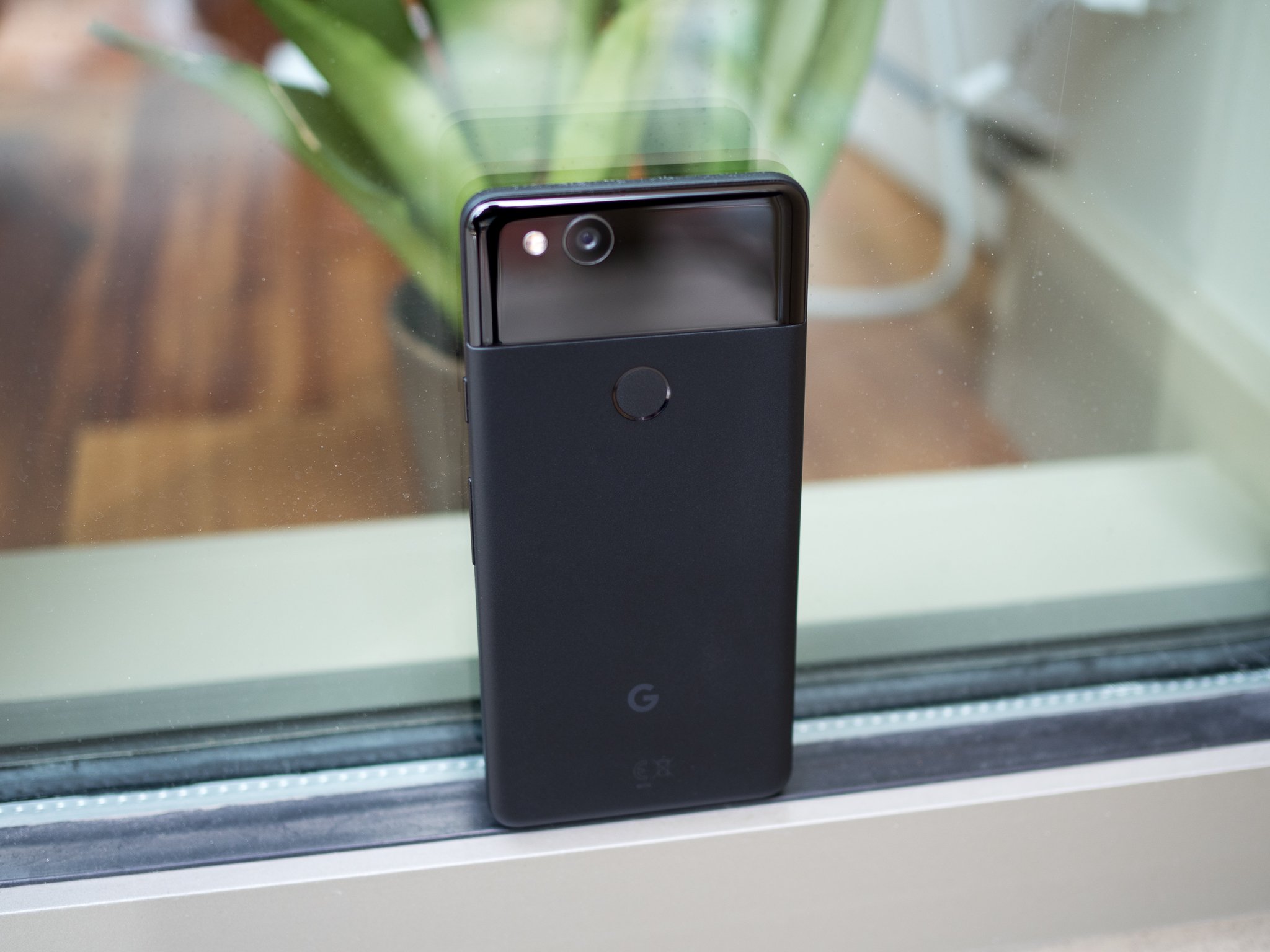
From 2010 through 2012, my HTC Evo 4G, T-Mobile G2 and Galaxy Nexus saw more ROMs flashed on them than I could ever count. I was trying new experimental software on a weekly basis at least, and some weekends when I felt like tinkering I was trying out several ROMs at a time. I used ClockworkMod'd ROM Manager to back up and swap between different customized ROMs based on what I wanted for the day. I thought it was amazing. And I wasn't alone.
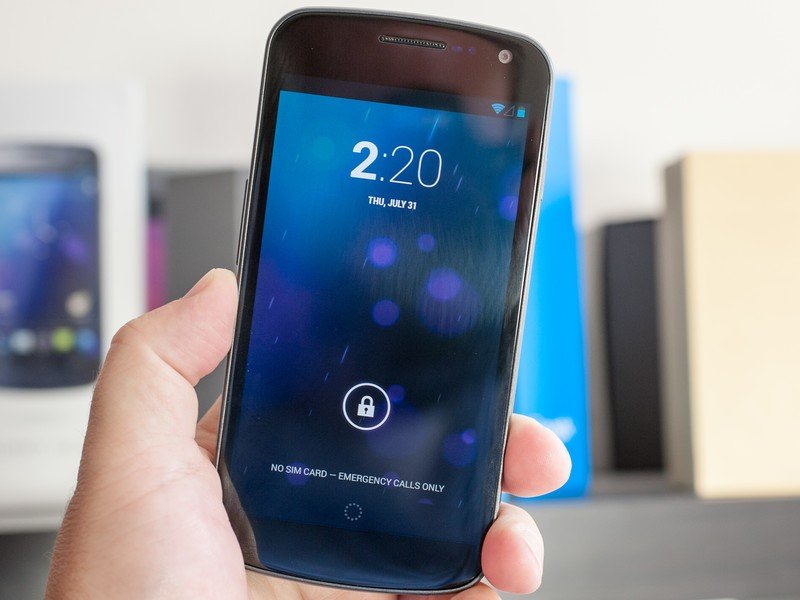
Early on in the popularity of Android, having one — in particular those with great community hacking support — felt like I had license to try something new whenever I wanted. In 2011 and 2012, as enthusiasts we didn't really put that much stock in what software was on a phone out of the box — it just didn't matter, because it was a foregone conclusion that we'd unlock the bootloader, root it (at a minimum) and more than likely load a custom ROM. We'd change the interface, choose precisely what apps we wanted and apply speed tweaks that changed the RAM allocation and overclocked the processor.
Stock software didn't really matter; it was a foregone conclusion you'd root and ROM anyway.
But it was more than than just those tangible benefits of uniquely customized software and increased speed. In those days, it was almost more the experience of rooting a phone that was appealing rather than the end result of getting a customized ROM that was tweaked just right for what I needed. Why else would I flash a ROM only to blow it up and start over four days later? Finding out about new root exploits, seeing what ROMs different development groups were coming up with, and finding new themes or packages that could be easily flashed was simply fun. But that was bound to change eventually.
In the final few days of 2012, I received my Nexus 4 running Android 4.2 Jelly Bean. From that point forward, I didn't need a ROM on my phone.
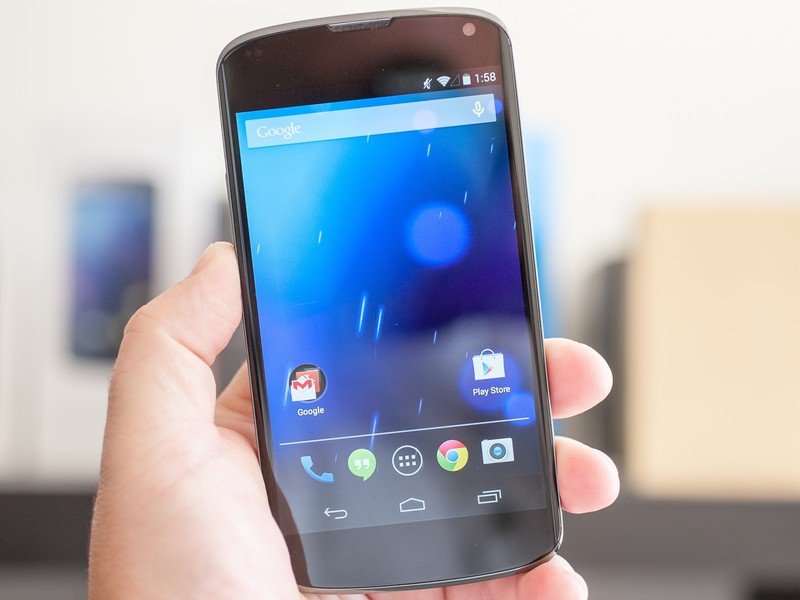
It wasn't that Android 4.2 was perfect, but it was good enough that it simply didn't warrant going through the hassles of ROMing my phones anymore. The internal specs and software optimization were good enough that you didn't need to strip things out of the OS or overclock your processor to get good daily performance. Google's interface was clean, fast and simple. At this point, I dropped down to just rooting my phones for things like full software backups (cloud backups still sucked at this point) and a few apps that functioned better with root access.
It didn't take long before the benefits of rooting stopped outweighing the hassles. I was content customizing my phone with typical simple methods: disabling some apps, installing a new launcher and keyboard, and finding utility apps to handle much of what I was previously rooting for. In doing so, I no longer had to chase root access. I didn't need to think twice about accepting an OTA update for fear of breaking something, or take whether I could unlock a bootloader into consideration when buying a phone. Overall, it was just so much simpler to live with an Android phone without the pretense of rooting and ROMing being part of my experience.
And it wasn't just Google making better software that didn't "require" rooting. Motorola, Samsung, HTC, and newcomers like OnePlus started releasing phones with software that was actually good. There was a range of hardware choices with acceptable software that didn't need tweaking right out of the box. Companies like Samsung and HTC started shipping software with deeply integrated theme engines that let you customize without rooting, and third-party launchers quenched the thirst for icon packs.
Get the latest news from Android Central, your trusted companion in the world of Android
The number of 'good' reasons to root are quickly dwindling, and most people shouldn't go near it.
I will admit that there are still some legitimate reasons why people root their Android phones. Sometimes SIM unlocking or removing onerous bloatware requires it. Some phones are stuck on very old versions of software, and by rooting (which of course is inherently opening a security hole) they can patch many security vulnerabilities with newer versions of software. But these are specialized use-cases, not reason for the average Android owner to download a one-click root application and start tinkering. And when there are fantastic phones available that don't require root to achieve these things, the argument to buy something else and root it is even thinner.
To this day, our guides to help people root their phone are some of the most-viewed on Android Central, despite the fact that we just don't really talk about rooting or ROMs anymore. Unlocking a bootloader and rooting is somehow held up on a pedestal as a cure-all for inexpensive, slow or old phones — an antiquated view that just doesn't hold water anymore, particularly for phones (of any price) sold in the last two years. Rooting used to mean taking control of your device and having the power to undeniably improve it — now, it means headaches and annoyances for no real benefit in the end.
I can't see myself rooting an Android phone ever again, let alone putting a full custom ROM on it. And as the last of these old phones from 2014 and earlier finally die, I don't see more than the most hardcore of tinkerers staying involved with it either.

Andrew was an Executive Editor, U.S. at Android Central between 2012 and 2020.
